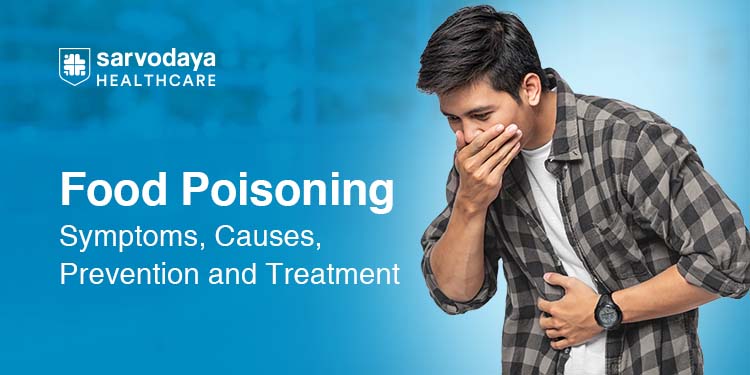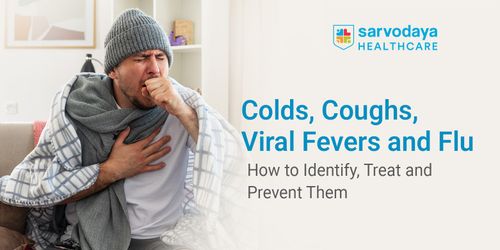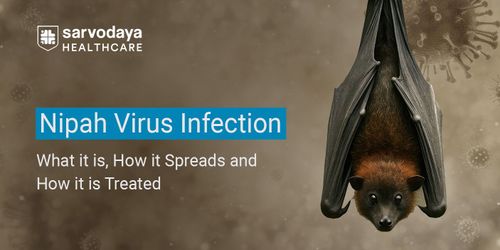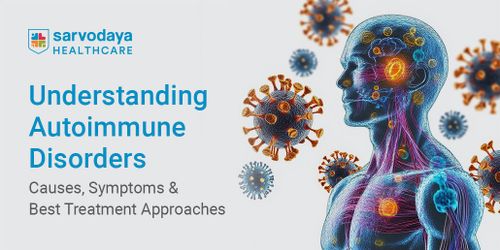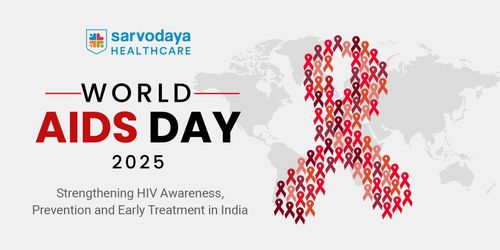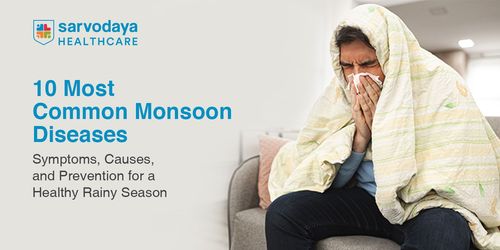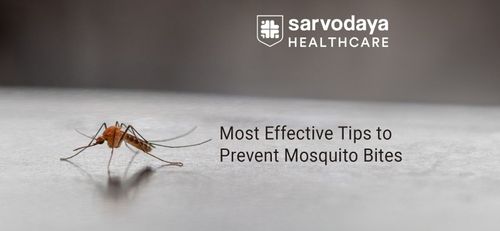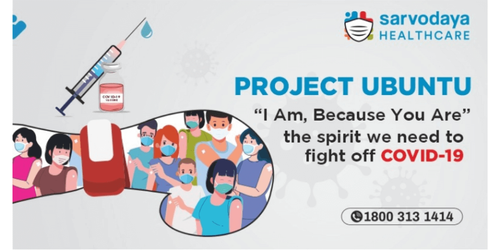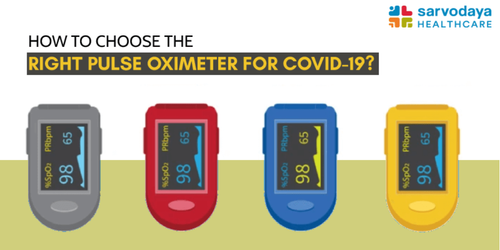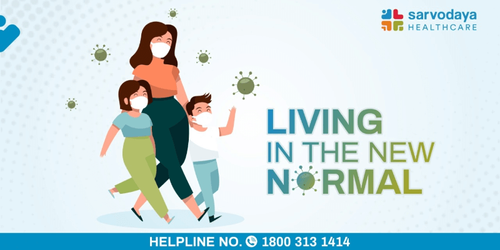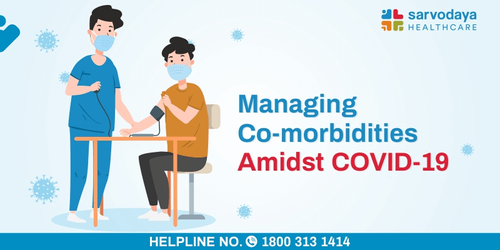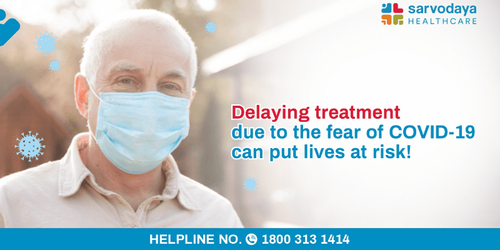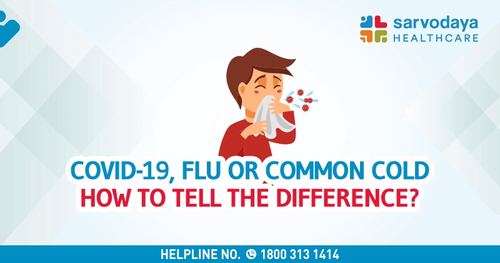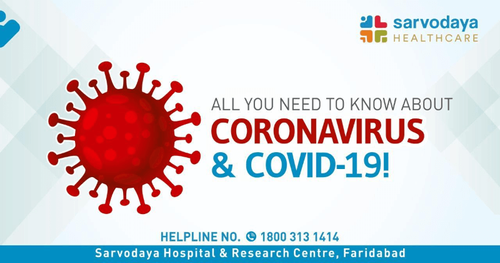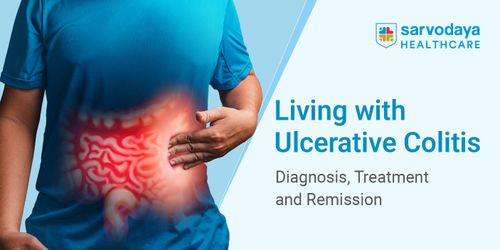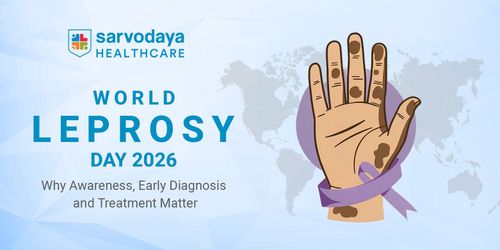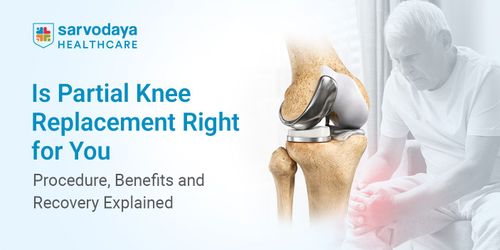In this blog, we’ll take a detailed look at the symptoms of food poisoning, major causes, effective prevention strategies, and food poisoning cure at home and medical facilities.
Understanding Food Poisoning
Food poisoning, also known as foodborne illness, is a condition that occurs when you consume contaminated food or water. It is caused by harmful microorganisms such as bacteria, viruses, or parasites that infect the gastrointestinal tract, leading to a range of symptoms.The most common pathogenic microorganisms frequently found to cause food poisoning include:
- Salmonella
- E. coli
- Listeria
- Norovirus
- Campylobacter
Symptoms of Food Poisoning
The discomfort from food poisoning often creeps in suddenly and can quickly disrupt your routine. While severity may vary, recognising the early signs can help initiate care before things get worse.Below are some of the most reported symptoms of food poisoning:
- Nausea: A queasy feeling or urge to vomit is often one of the first symptoms of food poisoning.
- Vomiting: Expelling food and fluids from the stomach is a natural response to harmful microbes.
- Diarrhoea: Watery or loose stools, often accompanied by abdominal discomfort.
- Stomach cramps: Sharp or dull abdominal pain that comes and goes in waves.
- Fever and chills: A mild to moderate fever may signal your body’s immune response to infection.
- Dehydration: Due to loss of fluids from vomiting and diarrhoea, signs include dry mouth, dizziness, and fatigue.
Causes of Food Poisoning
Food poisoning doesn’t always stem from suspicious-looking meals. Even the freshest-looking foods can harbour dangerous microbes if they are not handled properly. The root causes typically lie in poor hygiene, cross-contamination, or inadequate food storage and preparation.Food can be contaminated in several ways, including:
- Contaminated raw food: Meats, eggs, seafood, and even vegetables may carry bacteria if not washed or cooked properly.
- Poor food handling hygiene: Unwashed hands or unclean utensils can transfer bacteria onto food during preparation.
- Undercooked food: Foods that aren’t heated to the right internal temperature may retain harmful bacteria.
- Improper food storage: Food left at room temperature for a long time may encourage the growth of bacteria in it.
- Expired or spoilt products: Consuming expired food products significantly increases your risk of falling ill.
- Contaminated water: Drinking untreated water or using it in cooking can introduce parasites and viruses.
Understanding When to See a Doctor
While mild cases of food poisoning typically resolve on their own within a day or two, there are times when it’s critical to seek medical help and avoid medical complications.If you notice any of the following signs, it’s time to consult a physician:
- High fever (above 101.5°F or 38.6°C)
- Blood in stool or vomit
- Continuous vomiting for more than 12 hours
- Signs of dehydration like dry mouth, sunken eyes, or infrequent urination
- Severe abdominal cramps that won't subside
- Diarrhoea lasting longer than three days
Proven Options for Food Poisoning Treatment
Once food poisoning has been identified, it’s important to take the right steps toward relief and recovery. While mild cases may only require rest and hydration, more serious cases demand a structured medical plan.Here are the most recommended methods for safe and effective food poisoning treatment:
- Rehydration: Oral rehydration salts (ORS) help restore lost electrolytes and fluids, especially if vomiting or diarrhoea is persistent.
- Antidiarrheal medication: Loperamide may be prescribed in some cases to slow down bowel movements, but only under medical guidance.
- Antibiotics: If a specific bacterial infection causes food poisoning, a doctor may prescribe antibiotics as part of your food poisoning treatment.
- IV fluids and hospitalisation: Severe dehydration may require intravenous fluids and observation in a hospital setting for complete recovery.
- Dietary modifications: During food poisoning treatment, avoiding spicy, fatty, or hard-to-digest foods is key. Opt for bland items like toast, rice, and bananas.
Natural and Effective Food Poisoning Cure at Home
For many individuals with mild symptoms, simple home remedies can offer significant relief and speed up recovery. While these are not substitutes for professional care in severe cases, they are helpful in restoring hydration, calming the stomach, and boosting your body's healing process.A few natural and reliable food poisoning cures include:
- Ginger tea: Ginger has natural anti-nausea properties and helps calm an upset stomach, making it an excellent choice for a food poisoning cure at home.
- Applesauce and bananas: These are part of the BRAT (Bananas, Rice, Applesauce, Toast) diet, known to be gentle on the digestive system and ideal for a food poisoning cure at home.
- Probiotic yoghurt: Yoghurt with live cultures can help restore gut bacteria balance and ease diarrhoea.
- Coconut water or clear broths: These not only rehydrate but also replenish essential electrolytes naturally.
- Rest and fasting: Giving your digestive system time to recover by avoiding heavy or solid foods for 12–24 hours can aid healing.
Preventive easures to Avoid Food Poisoning
Many episodes of food poisoning are entirely preventable with the right food handling practices, awareness, and hygiene habits.Here are practical tips to help you prevent food poisoning in everyday life:
- Wash fruits and vegetables thoroughly: Rinse under running water and scrub hard-skinned produce.
- Cook meat and seafood thoroughly: Use a food thermometer to ensure they reach safe internal temperatures.
- Practice hand hygiene: Make sure to always wash hands before cooking or eating and after using the restroom.
- Avoid raw or undercooked foods: Especially street food, eggs, sushi, or meat dishes.
- Store leftovers properly: Refrigerate within two hours and reheat thoroughly before consuming.
- Check expiry dates: Never consume food items past their expiration date or those with a foul smell or altered texture.
Conclusion
Food poisoning is an unpleasant yet common health issue that can strike anyone, anywhere, and at any time. Whether you’re dealing with mild symptoms or something more severe, the right intervention at the right time makes all the difference.Seek prompt medical help if you or a family member is ill with persistent symptoms and unsure of how to proceed. Sarvodaya Hospital, Faridabad, stands as a trusted name in internal medicine and digestive health. Our expert team of general physicians offers accurate diagnosis, advanced food poisoning treatment, and preventive consultations to help you stay one step ahead of illness. For reliable care, you can trust the best general physician hospital in Faridabad, Delhi NCR, for both emergency treatment and proactive health management.
Your health starts with what’s on your plate; make sure it’s clean, safe, and well-prepared.


